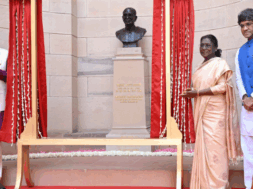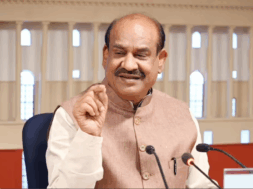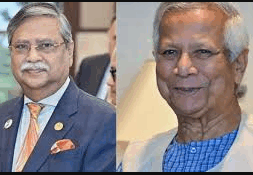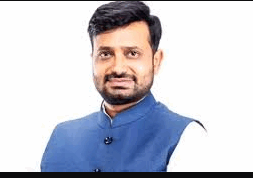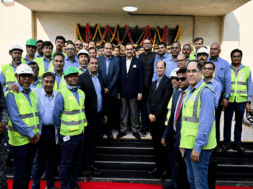
Economy: The size of the Indian economy may double by 2030, says NITI Aayog CEO
Virendra Pandit
New Delhi: India has the potential to double the size of its economy by 2030, NITI Aayog CEO BVR Subrahmanya emphasized on Wednesday.
Addressing an event organized by the Public Affairs Forum of India (PAFI), he said climate change is a big opportunity for India to become a leader in climate-related technologies, the media reported.
“Our economy should easily double by 2030…India’s ambition to become the third-largest economy by 2026-2027 necessitates a cohesive grand strategy,” he said.
Currently, in US dollar terms, India is the fifth largest economy worldwide, with a size of about USD 3.7 trillion in nominal terms.
“India will be a big dominant player. It already matters and it will matter much more in global affairs, by 2047,” he said, referring to the country’s centenary year of Independence from British colonialism.
Subrahmanyam said that by 2047, India will be among the world’s youngest nations demographically, poised for prosperity, with a projected per capita income of around USD 18,000 to 20,000.
“This growth is significant as India is expected to emerge as a major global player, building on the substantial progress made over the past decade in addressing challenges such as natural disasters and poverty,” he said.
Besides, he said, there is a need to look at the green economy, and the Aayog is working on developing a pathway for net zero carbon emissions by 2070.
“We have formed a task force and are working with the Central and state governments to achieve our targets,” he added.
Subramanyam also stressed the importance of Global Value Chains (GVCs).
The government is working across sectors and services to build better strategies, he said and added that urban development and infrastructure are crucial, with cities designed as economic hubs to drive growth.
The private sector must lead in innovation and investment, supported by an enabling environment that attracts both portfolio and direct investments, he said and added that reforming supply chains is essential for navigating globalization.
He emphasized that ultimately, reforms at the state level and a commitment to cooperative federalism will ensure inclusive growth, positioning India to emerge as a global giant and lead into a prosperous future.

